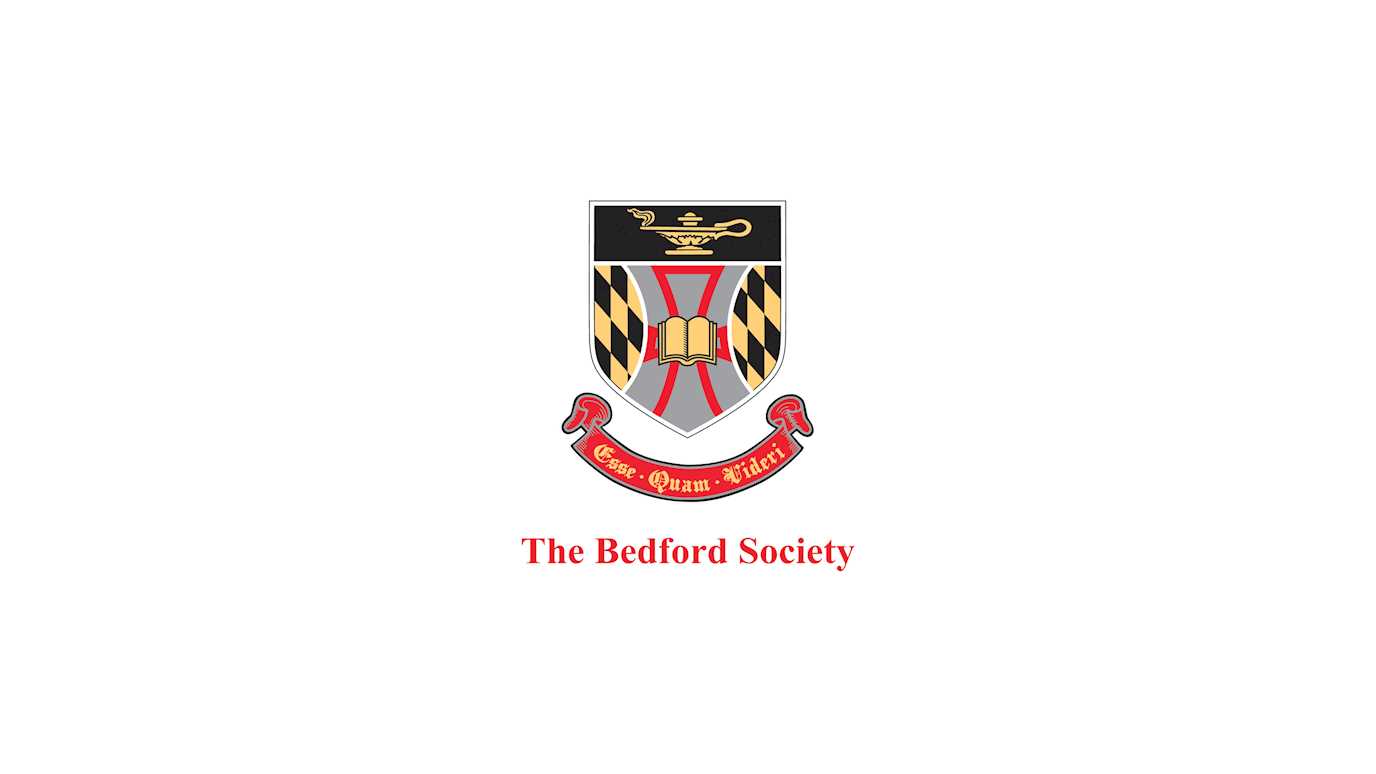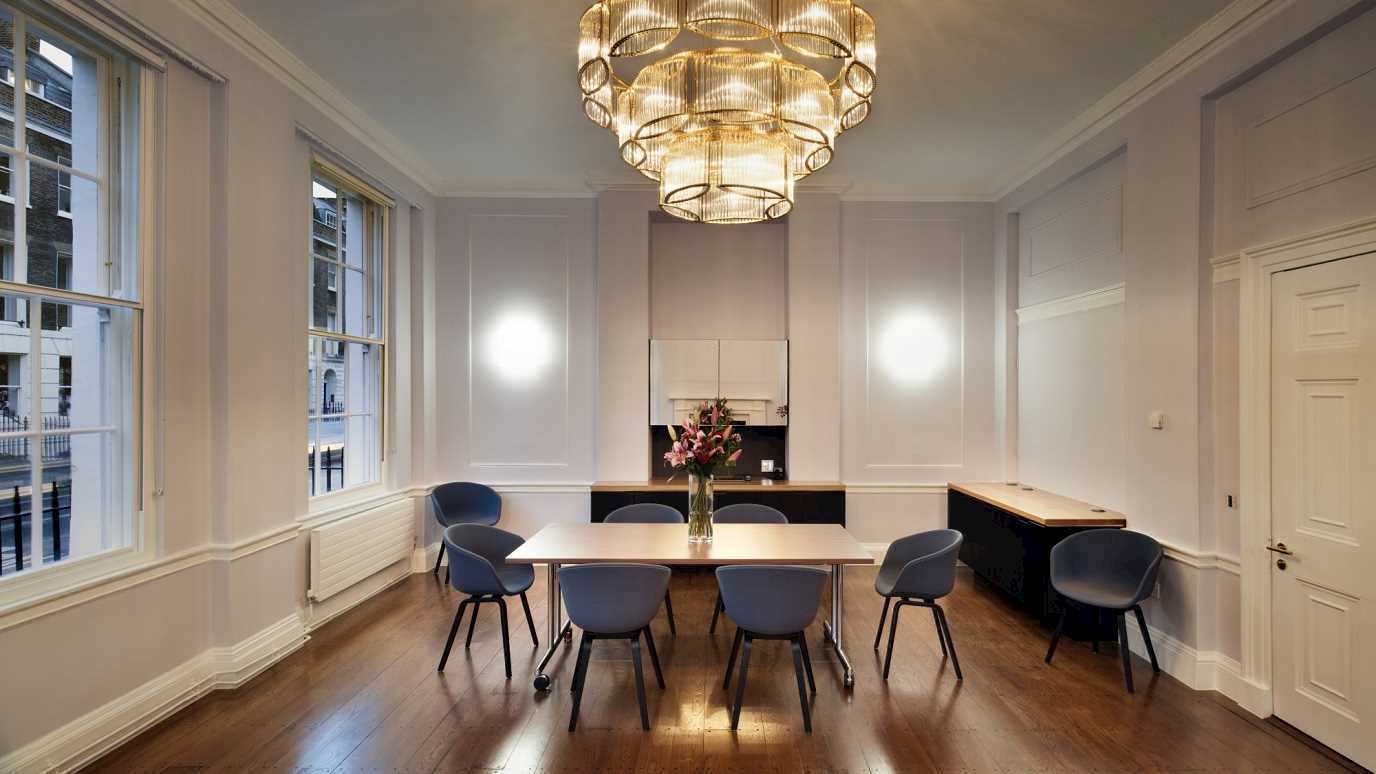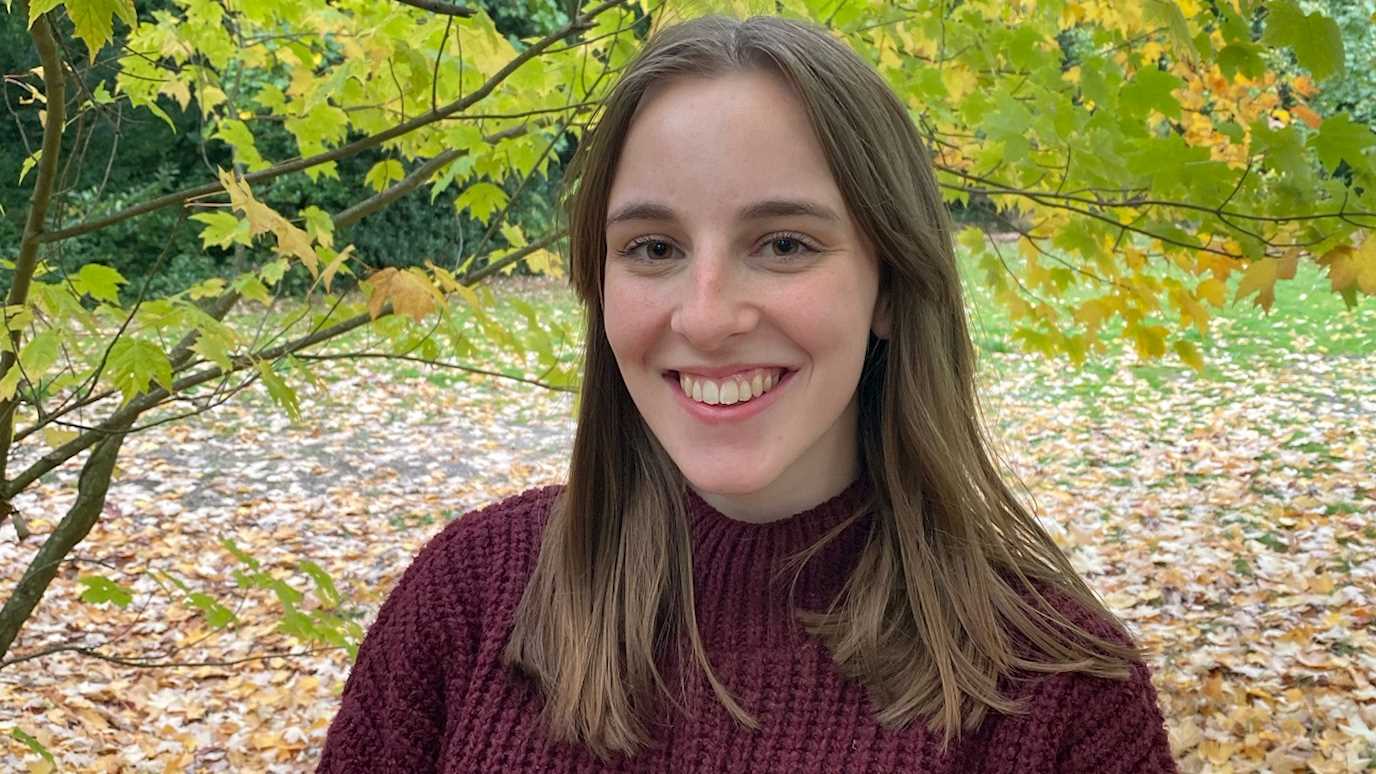Professor Caroline Barron OBE
I joined the History department of Bedford College in 1965 as a tutorial fellow and rose through the ranks to become a professor in 2005. So my academic career was divided almost evenly between Bedford College in Regent’s Park and Royal Holloway and Bedford New College at Egham. I was the last Dean of Arts at Bedford and worked closely with Professor Ian Spink, the Dean of Arts at Holloway to try to achieve a creative and amicable merger of the two Arts Faculties. Later I was Dean of the Postgraduate School at RHBNC and I have always particularly enjoyed teaching postgraduates. Together with Dr Ros Field in the Bedford English department we instituted the new MA in Medieval Studies which we took with us to RHBNC and which still flourishes.
My own research interests focus on medieval London, Richard II and medieval women. Outside of my University work I have served on the Council of the Girl’s Day School Trust, as a Royal Commissioner on Historical Manuscripts, as a Corresponding Fellow of the Medieval Academy of America and as an Honorary Fellow of Somerville College Oxford. Bedford College gave me the opportunity to pursue a career which has been an extremely happy one and I am very glad that I have been able to repay a little of that debt by serving on the Bedford Society Committee.
Mrs Maggie Bolton
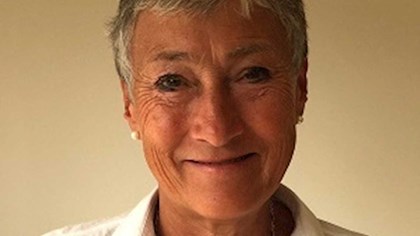
I studied History at Bedford College from 1971-74 and as a result of the inspirational teaching there, History became my passion. The staff were encouraging and supportive; they provided an exceptional environment in which to study and also to have fun – some exciting staff student cricket matches and Christmas entertainments! I loved the sport and took advantage of the London University Swimming Team, becoming captain in 1973. This brought me into contact with students from all the colleges.
I went on to King’s College for my P.G.C.E. teaching qualification and then into a career of teaching History in a wide range of secondary school in Bromley and in Kent - a High School, three Comprehensives and two Grammars. As my level of responsibility grew, there was less opportunity to teach History which I regretted, but it was the price to pay for promotion. I was Headteacher for the last twelve years of my career.
When I announced my retirement, I was asked to continue to work with, and develop further, a consortium of 34 primary and secondary schools - to organise conferences and to provide a range of programmes to develop leadership in schools. I also ran training in mentor-coaching for all newly appointed Kent Leaders of Education.
After three years of this work, I decided it was time to return to my passion for History and take a further degree. The natural choice was to choose Royal Holloway and Bedford New College and I studied there for a Masters in Medieval Studies. I thoroughly enjoyed the year and whilst studying there, I realised the importance of championing the role that Bedford College played and continues to play through its alumni, to the current work of the College. In addition, of course, it is important that Bedford alumni can still come together and enjoy themselves in a range of activities.
Dr Claire Gobbi Daunton
(Chair of the Bedford Society Committee)
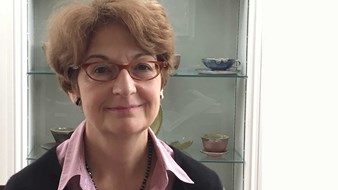
I studied history at Bedford College, graduating in 1974. The course was wide-ranging, and we were exceptionally well taught, and well cared for as individuals. Of course it helped that we were located in Regent's Park and that our department was in the beautiful St John's Lodge, with a rose garden running down to the boating lake where some tutorials even took place. We had the best time.
The history degree was intercollegiate so we could take courses in different colleges of the university, and I did. We were encouraged to feel part of our own college, but also part of the University of London, and to take advantage of what London offered. Being in central London was a great privilege, even though in 1973 we had the oil crisis and not long after that the three-day week, and much disruption. But all in all it was a golden time.
I made friends there, at Bedford, good friends for life, and I came out with a very good degree which took me on to a further degree, and I never really left history. I have worked at different kinds of jobs in the University of London, and now in Cambridge where I have been for the last seventeen years. Although now retired I still do some research and teaching in medieval history.
What I took from Bedford College was a deep love of my subject and of academic enquiry more generally, and an abiding sense of gratitude to the place and people who taught me. I am still in regular contact with many of them, and the Bedford society helps to maintain this contact.
Professor Gavin Drewry
I joined the Sociology Department at Bedford in 1966, as a very junior research assistant attached to the Legal Research Unit. The Head of Department then was the formidable Professor (later, Lord) McGregor, but I quickly learned that it was our equally formidable departmental secretary, Madge Simonis, who really ruled the roost. My research director was the distinguished barrister (he was subsequently elected an an honorary fellow of RHBNC) the late Sir Louis Blom-Cooper QC, who taught criminology. In 1970, I transferred to the teaching staff, and lectured in politics and public administration. I went on doing that for another 39 years (can it really have been so long?) until I (semi) retired, as an emeritus professor, from what had by then metamorphosed, via many convoluted evolutionary stages, into the Department of Politics and International Relations at RHBNC.
Like many Bedford colleagues and students, I didn’t relish one little bit the prospect of eviction from our lovely location in Regent’s Park. But, I did soon grow to accept and respect the merged institution at Egham. RHBNC is a world-class university and Bedford is an essential part of its heritage. The spirit of Bedford College is, thankfully, still very much alive and the mission of this Society is to ensure that it remains so. As a loyal and rather sentimental old Bedfordian I am very glad to be part of this important project.
Ms Betty Hales
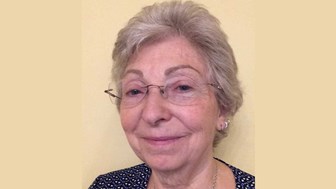
After sixth form I went to work as a computer programmer, where I met my future husband who urged me to get my degree. I grew up in a working class family and despite gaining 4 good ‘A’ levels I hadn’t the confidence to go straight to university from school. I graduated from Bedford College in 1973, having studied Physics. There were only 3 women out of over 30 students in our cohort. Lectures started at 9.00 am every morning, there was a lot to fit in, but the walk from the tube station and into the park was always magical even in the rain. I chose Bedford for the surroundings, of course, but also because the department was small and friendly. The course was demanding yet we worked hard and helped each other to succeed. I followed my degree with a PGCE year at Homerton College, Cambridge. My first child was born a few weeks after completing my PGCE, having married during my 2nd year at Bedford, which was very unusual.
I then taught Maths and Physics in a variety of part-time posts until the youngest of my 3 children started school. Then I became the Head of Physics at a girls grammar school, worked in a college of Further Education and as Head of Science in a comprehensive school in East London before moving into education management as Deputy Head, then Acting Head, in a very deprived school in Hackney, which, unfortunately, was closed amidst national publicity. I found that I related well to pupils with a range of social and learning problems and so I moved into Special Education, becoming the Head of a school for pupils with Social, Emotional and Behavioural difficulties, just 5 months before an Ofsted inspection that it was expected to fail but didn’t.Three years later it was described by Ofsted as ‘Very Good’. I went on to work in other special settings which needed improvement and focused on helping pupils from dysfunctional backgrounds to achieve academically. Thus giving them options in life that they wouldn’t otherwise have had.
I retired 8 years ago and am pleased to be involved with the Bedford Society to help past students to keep in touch with each other and to keep the spirit of Bedford College alive.
Ms Dinah Nichols CB



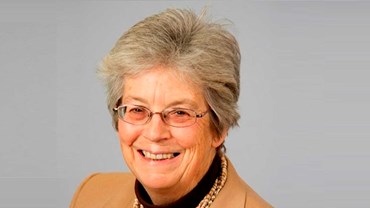
I studied History at Bedford College from 1962 to 1965, and like many of my contemporaries was the first of my family to go to University. It was unforgettably exciting to come to the Big Smoke from a Leicestershire village, live in stunning Regents’ Park and to be taught by such erudite and supportive academics as Conrad Russell and Joe Mordaunt Crook. I sang in Imperial College Choir, performed with ULU Gilbert and Sullivan Society and was Treasurer of the Students’ Union; studying tended to take place in the small hours.
From an all-female College I joined the predominantly male Ministry of Transport as a fast stream entrant. There followed 20 different jobs in 5 different Departments over 35+ years in the Civil Service, memorable amongst them the first failed attempt at Devolution, inner city regeneration after the 1981 riots, Private Secretary to both Labour and Conservative Transport Ministers, and “landlady” of the Government’s 70m square feet of office space. In my final full time post as Director General Environment I headed the UK delegation to the Kyoto Climate Change Conference and the World Summit on Sustainable Development.
I then changed tack with a variety of appointments in the private, public and charitable sectors. I served as a Crown Estate Commissioner, a non-executive Director of Pennon Group, Chair of the National Forest Company in the Midlands ex-coalfields (tree cover coming on nicely) and Chair of Keep Britain Tidy (alas not much progress); and I am currently a Governor of Plymouth University.
I was proud to have been awarded the Reid Arts Scholarship as an undergraduate and even more so to have been made an Honorary Fellow of Royal Holloway and Bedford New College. In return I am funding an annual Scholarship for a Post Graduate MA in History, in memory of my sister who also read History at Bedford - a warm thank you to the College which gave me such a firm foundation and direction for my adult life.
Dr William Joseph Spring
Joseph Spring is a mathematician and computer scientist. His initial training in mathematics centred on developing skills in analytic and algebraic disciplines with applications in Newtonian, Lagrangian and Hamiltonian mechanics, logic, classical probability, quantum theory and relativity. Subsequent training focused in operator theory, quantum probability and quantum stochastic calculus. In computer science his initial training involved programming, formal languages, cryptography and security in networks and distributed systems, quantum Information and computation.
Joseph’s research interests include classical and quantum distributed systems, dynamics, intrusion detection schemes, geometric applications to quantum based systems and applications of quantum stochastic calculus.
Joseph currently lectures in cyber security, quantum computing, programming paradigms, measures and models for software engineering, secure systems programming and distributed systems security. He continues to supervise students for PhD, MPhil, MSc (Res), MSc and BSc (Hons) in areas relating to quantum distributed systems, cyber security, intrusion detection, applications of game theory to secure systems, security and VoIP, security and the internet of things, cryptography, cryptographic algorithms, and the representation of quantum states via hyperbolic geometry.
Joseph’s international interests have involved the management of educational links in Hungary, India, Ireland, Malta and Oman










